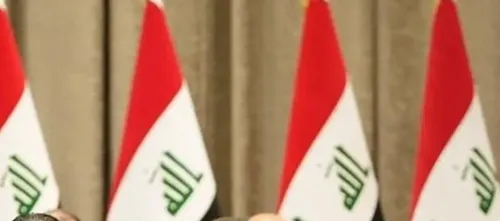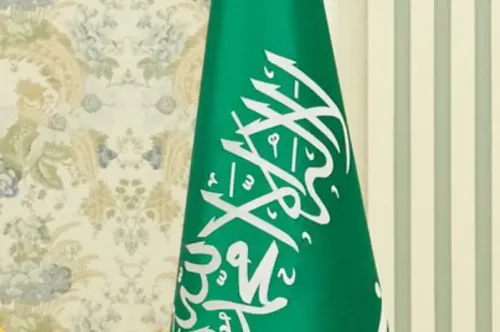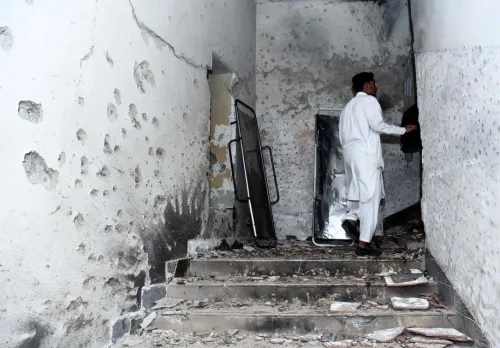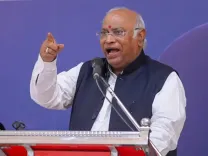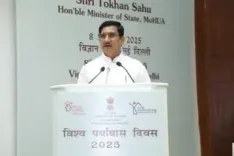Will Bangladesh's Consensus Commission Deliver Final Recommendations for the July Charter?
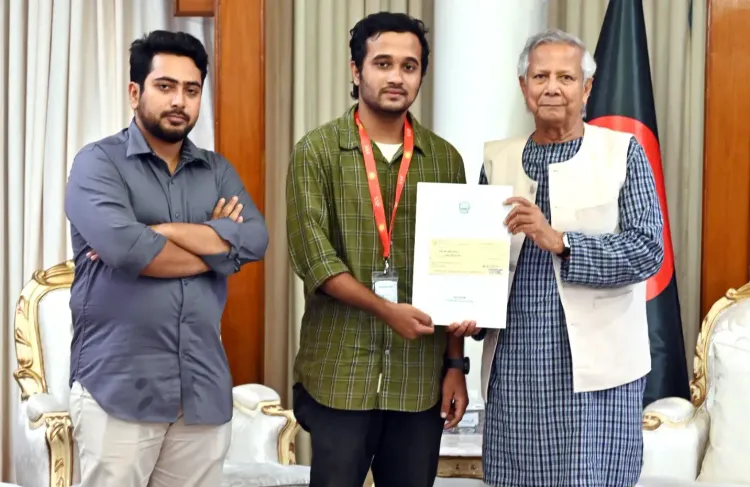
Synopsis
Key Takeaways
- The NCC is set to submit final recommendations on October 10.
- Political parties must sign the July National Charter by October 16.
- Concerns from various political parties are being addressed.
- Transparency is crucial for public consent.
- Political uncertainty remains a pressing issue in Bangladesh.
Dhaka, Oct 8 (NationPress) The National Consensus Commission (NCC) of Bangladesh declared on Wednesday that it plans to present its final recommendations to the interim government led by Muhammad Yunus on October 10. This initiative aims to facilitate the signing of the July National Charter 2025 by political parties by October 16, as reported by local media.
During the fifth meeting of the Commission with various political entities regarding the execution of the July Charter, NCC Vice Chair Ali Riaz made this announcement at the Foreign Service Academy in Dhaka.
“The Commission is set to submit its final recommendations to the government by October 10. Our goal is to have political parties officially endorse the July National Charter on October 15 and 16,” Riaz was quoted by United News of Bangladesh (UNB).
He emphasized the necessity of addressing the issues raised as ‘notes of dissent’ by political parties.
“The concerns presented as 'notes of dissent' in the July National Charter should be taken into account. However, we believe that not all of them can be weighed equally, as those expressing dissent do so from their unique standpoints. We hope these concerns reflect broader considerations beyond just partisan interests,” Riaz stated.
Additionally, he remarked that differing views must be communicated clearly to the public during the consent-seeking process through a referendum.
“It is essential that when the populace gives their consent, they understand that some political parties have reservations on certain matters,” Riaz noted.
Approximately 30 political parties, including the Bangladesh Nationalist Party (BNP), the radical Islamist Jamaat-e-Islami, and the National Citizen Party (NCP), engaged in discussions to finalize the procedural implementation of the July National Charter.
Earlier in July, the second phase of discussions with these 30 political parties and the NCC commenced amidst rising political uncertainty and instability in the nation.
Several parties, including Jamaat, NCP, and Islami Andolan, expressed their objections to the draft of the July National Charter.
These parties particularly contested the clause mandating the implementation of reform proposals within two years after the national elections, insisting that the July Charter be integrated into a legal framework to guarantee its enforcement.
The second phase of discussions was intended to finalize the recommendations of various reform commissions established by the interim government and to draft the July Charter.

